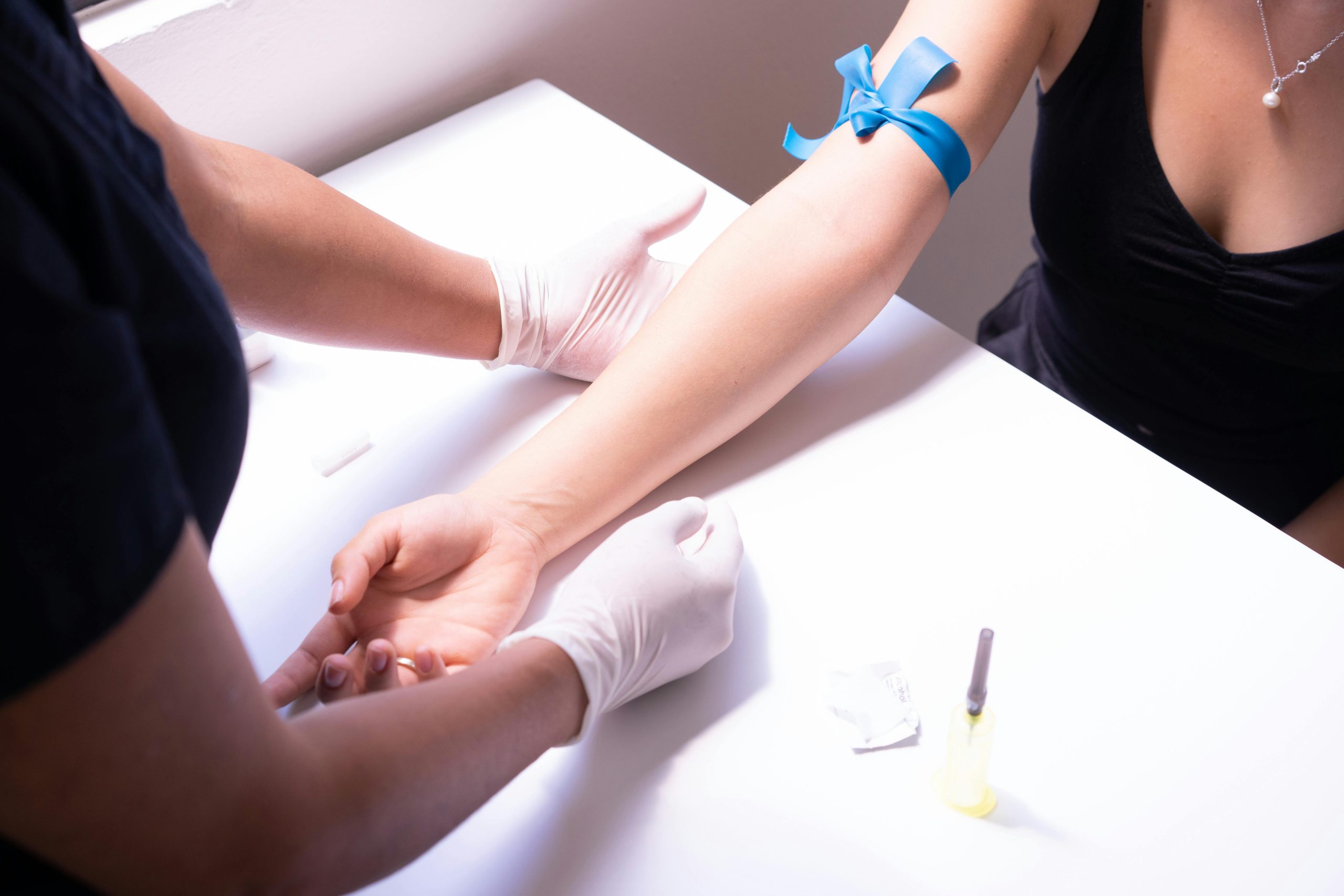When it comes to fertility, one of the most important, but often misunderstood, concepts is ovarian reserve. Whether you’re actively trying to conceive or simply thinking about your future family-building plans https://mfcfamily.com/, understanding your ovarian reserve can empower you to make informed decisions about your reproductive health.
What Is Ovarian Reserve?
Ovarian reserve refers to the number and quality of a woman’s remaining eggs. Unlike men, who produce sperm continuously throughout their lives, women are born with all the eggs they will ever have. Over time, both the quantity and quality of these eggs decline, a process that accelerates with age.
Your ovarian reserve does not predict whether you can get pregnant today, but it offers insight into your overall fertility potential and how you might respond to fertility treatments like IVF.
Why Does Ovarian Reserve Matter?
For individuals or couples facing infertility https://mfcfamily.com/, evaluating ovarian reserve is often one of the first steps in determining a treatment plan. It’s also valuable for women who are:
- Delaying pregnancy for personal, educational, or career reasons
- Considering egg freezing
- Undergoing medical treatments like chemotherapy
- Managing conditions such as endometriosis or polycystic ovarian syndrome (PCOS)
Knowing your ovarian reserve can help you proactively manage your reproductive goals.
How Is Ovarian Reserve Tested?
Several tests can help evaluate ovarian reserve, each offering a unique piece of the fertility puzzle:
1. AMH (Anti-Müllerian Hormone) Blood Test
AMH is a hormone produced by cells in developing egg sacs (follicles). AMH levels correlate with the number of antral follicles in your ovaries higher AMH typically indicates a greater ovarian reserve.
2. Antral Follicle Count (AFC)
A transvaginal ultrasound is used to count the small follicles (2–10 mm in size) in both ovaries. These follicles have the potential to develop into mature eggs in future cycles.
3. FSH (Follicle Stimulating Hormone) and Estradiol
FSH is measured on day 3 of your menstrual cycle. Higher FSH levels can indicate that your body is working harder to stimulate egg production, which may suggest diminished ovarian reserve.
Age and Ovarian Reserve
While each woman is unique, ovarian reserve typically begins to decline in the early 30s, with a more marked decrease after age 35. This decline is a natural part of the reproductive aging process and occurs regardless of overall health, lifestyle, or regular menstrual cycles.
Can You Improve Ovarian Reserve?
While you can’t increase the number of eggs you have, certain lifestyle factors can help support your reproductive health:
- Avoid smoking – it accelerates egg loss
- Maintain a healthy weight – both underweight and overweight can affect ovulation
- Manage stress – chronic stress may impact hormone levels
- Limit alcohol and caffeine – moderation is key
- Consider fertility preservation early – egg freezing is more effective with higher ovarian reserve
What If You Have Low Ovarian Reserve?
A diagnosis of low ovarian reserve doesn’t necessarily mean you cannot conceive. It simply means time may be more limited, and that you may benefit from fertility treatments sooner rather than later. At Midwest Fertility Center https://mfcfamily.com/, we offer personalized care and treatment plans including IVF, egg donation, or fertility preservation based on your individual ovarian reserve and reproductive goals.
Take the Next Step
If you’re curious about your ovarian reserve or experiencing difficulty conceiving, our team at Midwest Fertility Center https://mfcfamily.com/ is here to help. Schedule a consultation to better understand your fertility health and explore your options.
Call us at (630) 810-0212
Visit us at https://mfcfamily.com/
Knowledge is power and understanding your ovarian reserve is a powerful step toward taking control of your reproductive future.

